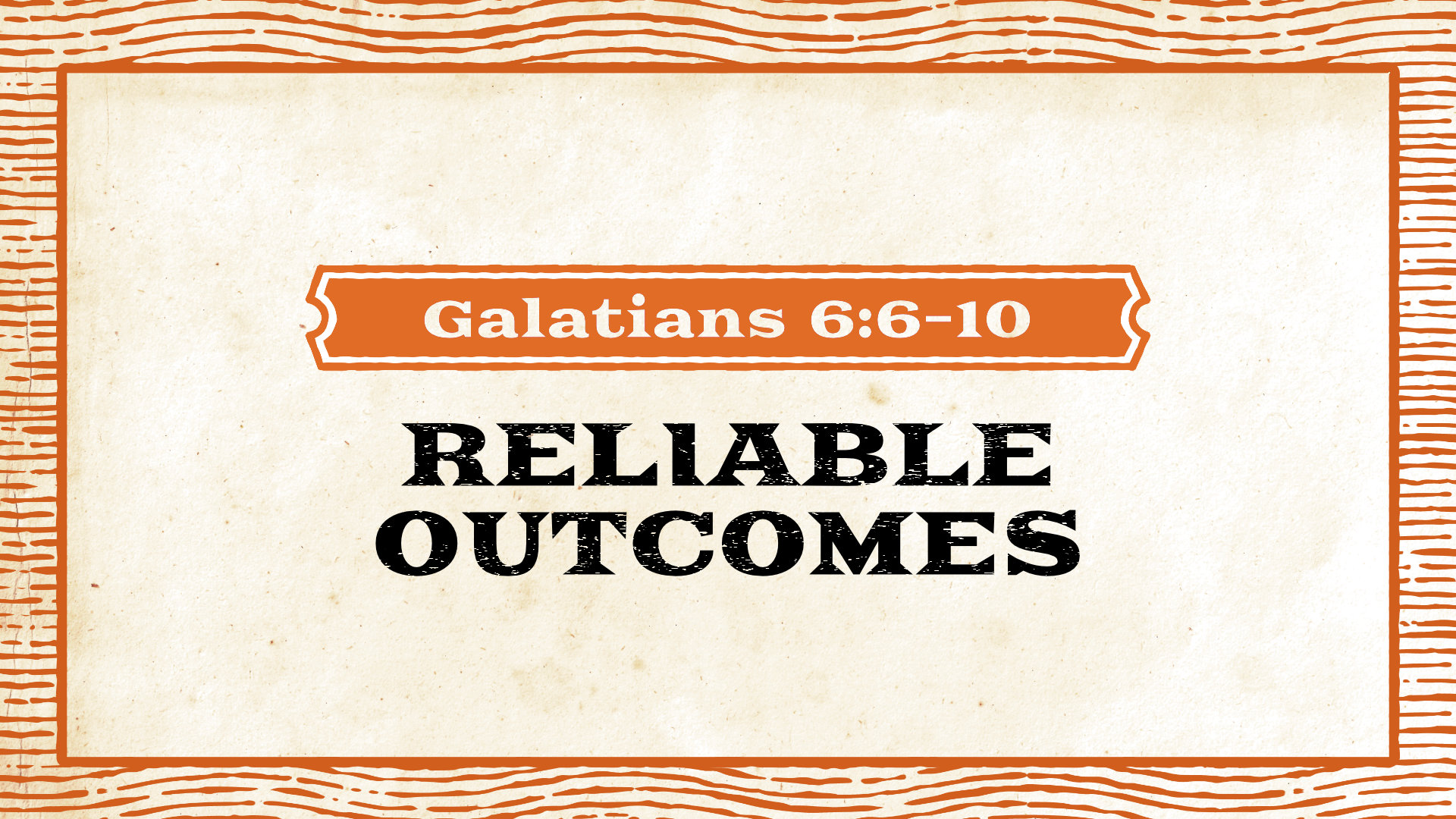Practicing Contentment
The tenth commandment cautioned against coveting anything that belongs to someone else. We cannot practice contentment if we constantly compare what God has provided us with what we see adorning others.
Obedience
Practicing Contentment
The tenth commandment cautioned against coveting anything that belongs to someone else. We cannot practice contentment if we constantly compare what God has provided us with what we see adorning others.
Observations
- The coveting command addresses something difficult to see but impossible to deny.
- An unchallenged craving often leads to breaking additional commandments (cf. Rom. 7:7).
- Even if coveting doesn’t lead to action, God defines such a discontented heart as sinful (cf. Heb. 13:5).
- Envy is entertaining the belief that I deserve more and you deserve less (cf. Luke 12:15).
- Lingering stares lead to obsessive thoughts, which cause ungrateful attitudes and intensifying temptations (cf. James 4:1-2).
Applications
- Consider your daily and digital steps that encourage coveting and make sweeping changes to avoid them (cf. 1 Tim. 6:6-8).
- Home – Don’t view homes as extravagant showpieces but as welcoming shelters (cf. Prov. 24:3-4).
- Relationship – Beware the unfair comparison of seeing your spouse at their worst and seeing another’s at their best (cf. Prov. 6:25).
- Job – If you can’t find joy in the job you have, you’ll find something wrong when you get the job you want (cf. Col. 3:23).
- Transportation – Your value is so much more than your depreciating vehicle (cf. Matt. 6:19).
- Possessions – You must train your mind to focus on God’s provision more than others’ affluence (cf. Matt. 6:25-27).
- I shouldn’t desire what you have because God has given me what I need (Phil. 4:11-13).












































